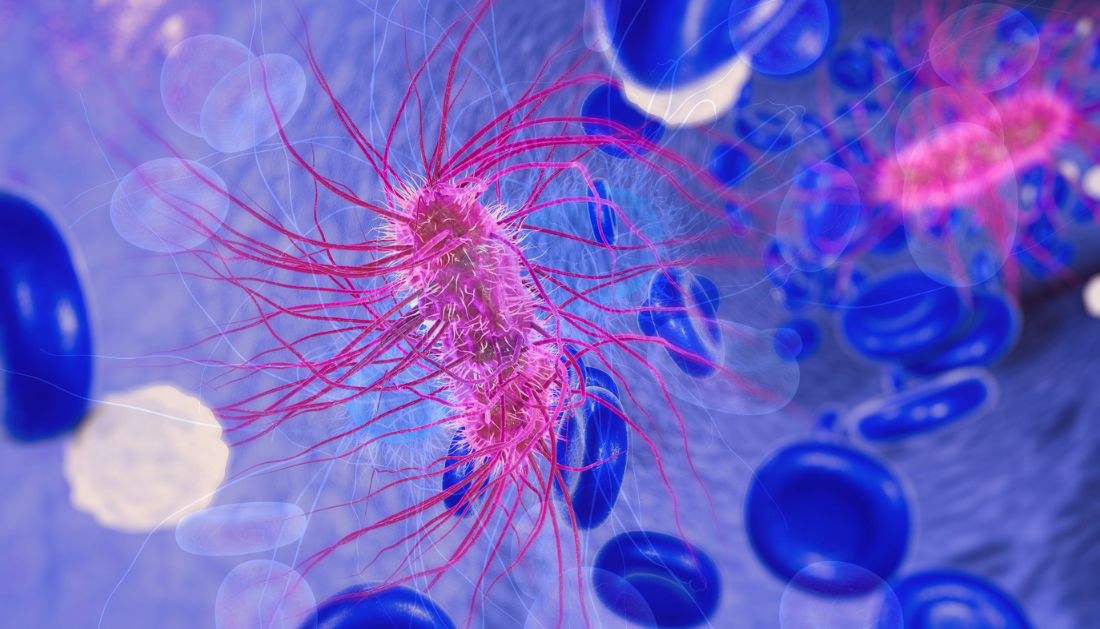

Recent research highlights a potential connection between specific E. coli strains and increased cancer rates in industrialized nations, with implications for colorectal, bladder, and prostate cancers. These findings could pave the way for innovative treatments, including vaccines and probiotics, targeting harmful bacterial strains to reduce both cancer risk and infection burden.
A groundbreaking study published in The Lancet Microbe by researchers from the Wellcome Sanger Institute and the University of Helsinki focused on two strains of E. coli known to produce colibactin. This substance can damage DNA and potentially trigger cancer. These strains are predominantly found in industrialized countries, where rates of urinary tract infections (UTIs) and bloodstream infections are high, compared to their rarity in under-resourced nations such as Pakistan and Bangladesh.
Colibactin-producing E. coli strains, first identified as risk factors for colorectal cancer, are now being linked to urinary tract cancers like bladder and prostate cancer. Researchers examined global genomic data to identify patterns between cancer incidences and these bacterial strains. In nations with higher exposure to colibactin-producing E. coli, such as the UK, elevated rates of certain cancers were observed, suggesting a geographical variation tied to bacterial prevalence.
The study underscores the need for interventions targeting these strains. Vaccines or therapeutic probiotics could help displace harmful strains while preserving the healthy gut microbiome. Such strategies would not only lower cancer risks but also reduce reliance on antibiotics for managing E. coli-related infections.
With ongoing genomic surveillance across countries, researchers are exploring how colibactin-producing strains spread and persist. Despite being over 300 years old, these two strains are uniquely equipped to maintain their DNA-damaging capabilities, making them prime candidates for elimination.
By deepening our understanding of the microbiome’s role in cancer risk, scientists hope to develop solutions that benefit global health. Innovations targeting colibactin-producing E. coli could significantly impact public health, offering dual benefits: reducing infection rates and lowering cancer incidences in industrialized nations.
More information: Mäklin, T., et al. (2024). Geographical variation in the incidence of colorectal cancer and urinary tract cancer is associated with population exposure to colibactin-producing Escherichia coli. The Lancet Microbe. doi.org/10.1016/j.lanmic.2024.101015.
more recommended stories
 Pediatric Crohn’s Disease Microbial Signature Identified
Pediatric Crohn’s Disease Microbial Signature IdentifiedKey Points at a Glance NYU.
 Nanovaccine Design Boosts Immune Attack on HPV Tumors
Nanovaccine Design Boosts Immune Attack on HPV TumorsKey Highlights Reconfiguring peptide orientation significantly.
 High-Fat Diets Cause Damage to Metabolic Health
High-Fat Diets Cause Damage to Metabolic HealthKey Points Takeaways High-fat and ketogenic.
 Acute Ischemic Stroke: New Evidence for Neuroprotection
Acute Ischemic Stroke: New Evidence for NeuroprotectionKey Highlights A Phase III clinical.
 Statins Rarely Cause Side Effects, Large Trials Show
Statins Rarely Cause Side Effects, Large Trials ShowKey Points at a Glance Large.
 Anxiety Reduction and Emotional Support on Social Media
Anxiety Reduction and Emotional Support on Social MediaKey Summary Anxiety commonly begins in.
 Liquid Biopsy Measures Epigenetic Instability in Cancer
Liquid Biopsy Measures Epigenetic Instability in CancerKey Takeaways Johns Hopkins researchers developed.
 Human Antibody Drug Response Prediction Gets an Upgrade
Human Antibody Drug Response Prediction Gets an UpgradeKey Takeaways A new humanized antibody.
 Pancreatic Cancer Research: Triple-Drug Therapy Success
Pancreatic Cancer Research: Triple-Drug Therapy SuccessKey Summary Spanish researchers report complete.
 Immune Cell Epigenome Links Genetics and Life Experience
Immune Cell Epigenome Links Genetics and Life ExperienceKey Takeaway Summary Immune cell responses.

Leave a Comment